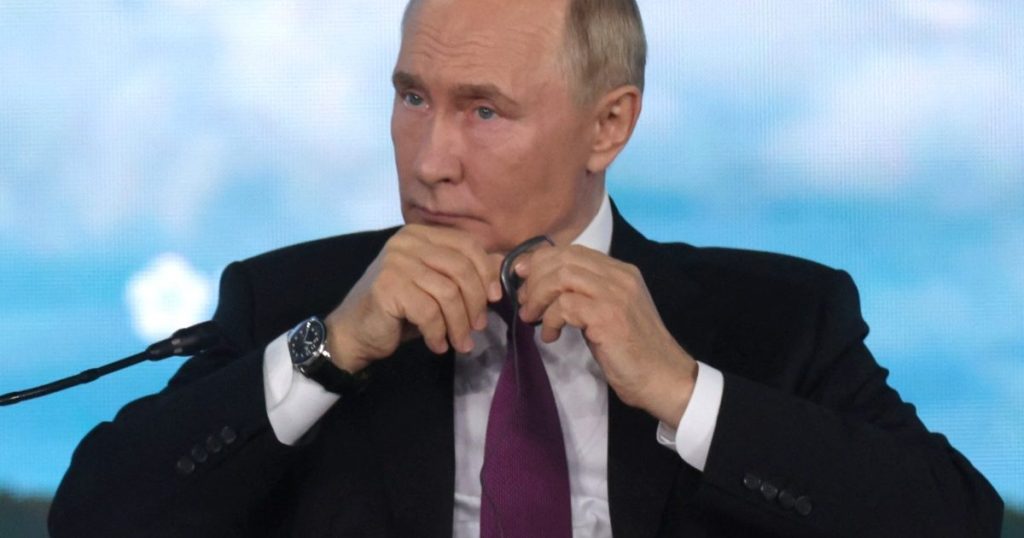The Russian government has officially distanced itself from allegations implicating it in the recent hunger protests in Nigeria, labeling such claims as part of a coordinated media effort by Western and Ukrainian officials. These officials, including U.S. Secretary of State Antony Blinken and the Ambassador of Ukraine to Nigeria, Ivan Kholostenko, suggested that the presence of Russian flags during the protests was indicative of Russian interference in Nigerian affairs. In a statement released by the Russian embassy in Nigeria, the government criticized the allegations as unfounded and an attempt to undermine Russia’s growing relationship with Nigeria by shifting blame for the unrest onto the Russian Federation.
During the protests, particularly the #EndBadGovernanceInNigeria rally in August, demonstrators were seen displaying Russian flags, which has sparked significant controversy and speculation regarding external influences on the movement. The Russian government has asserted that these claims of interference are part of a broader narrative that seeks to disrupt Russia’s diplomatic engagements in Nigeria and other African nations, positioning them as a counterbalance to Western influence, particularly that of the former colonial power, France. The narrative that Russia is somehow orchestrating or influencing political upheavals in West Africa—which have included military coups in countries like Mali, Burkina Faso, and Niger—has intensified scrutiny of its actions across the continent.
Moscow’s response indicates a clear desire to maintain and strengthen its ties with Nigeria, emphasizing its respect for Nigerian sovereignty and its policy of non-interference in the internal matters of independent states. The Russian government argues that attempts to link it to the protests are not only baseless but also an outcome of a larger geopolitical strategy by Western nations to destabilize and demonize its involvement in Africa. These officials contend that the narrative surrounding the protests detracts from the genuine grievances of the Nigerian populace, which stem from systemic issues such as hunger, governance failures, and socio-economic challenges.
In its communication to Nigeria, the Russian government has reiterated its dedication to peaceful dialogue and lawful resolution of conflicts, underscoring its commitment to the principles of sovereignty and independence that guide its foreign relations. The Kremlin has sought to position itself as a supportive partner for Nigeria, advocating for unity and stability while downplaying the intentions of Western powers, which they accuse of meddling in Nigeria’s affairs under the guise of concern for democratic processes and human rights.
Moreover, the Russian embassy has highlighted the diplomatic ties between Russia and Nigeria, suggesting that any suggestions of Russian interference are unfounded and borne out of a desire to create discord. This reflects a broader strategy by Russia to consolidate its influence in African nations as they seek alternatives to historical Western dominance, especially in regions like West Africa, where shifting alliances are increasingly common. The Kremlin has positioned itself as a reliable ally for countries seeking to reduce their dependence on former colonial powers and seek new partnerships.
On a more optimistic note, the Russian embassy echoed President Vladimir Putin’s congratulations to Nigeria’s President Bola Tinubu, extending goodwill for stability and prosperity in the country. This sentiment reinforces Russia’s aim to foster a collaborative relationship with Nigeria, encouraging ongoing cooperative efforts and mutual growth. As global dynamics evolve and new alliances emerge, Russia seems poised to continue its engagement in Nigeria and the broader African continent, reinforcing its image as a partner in overcoming the challenges faced by these nations, all the while denying any implication in local protests or unrest.














